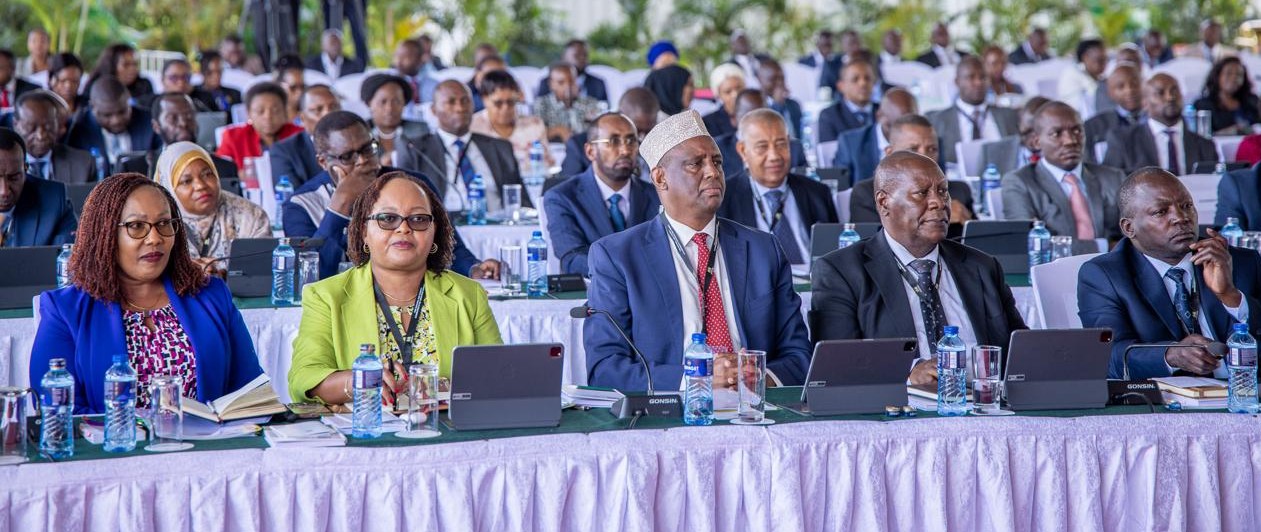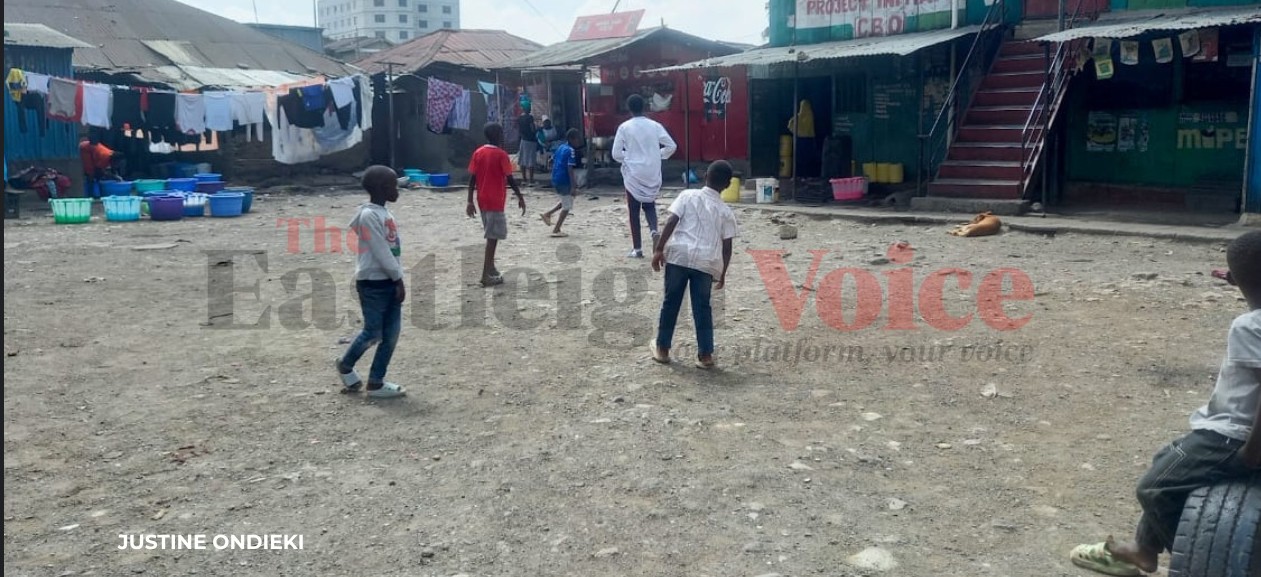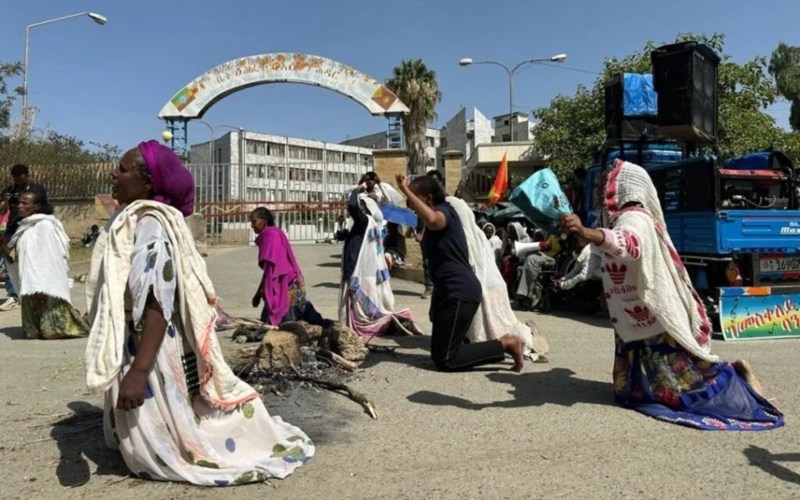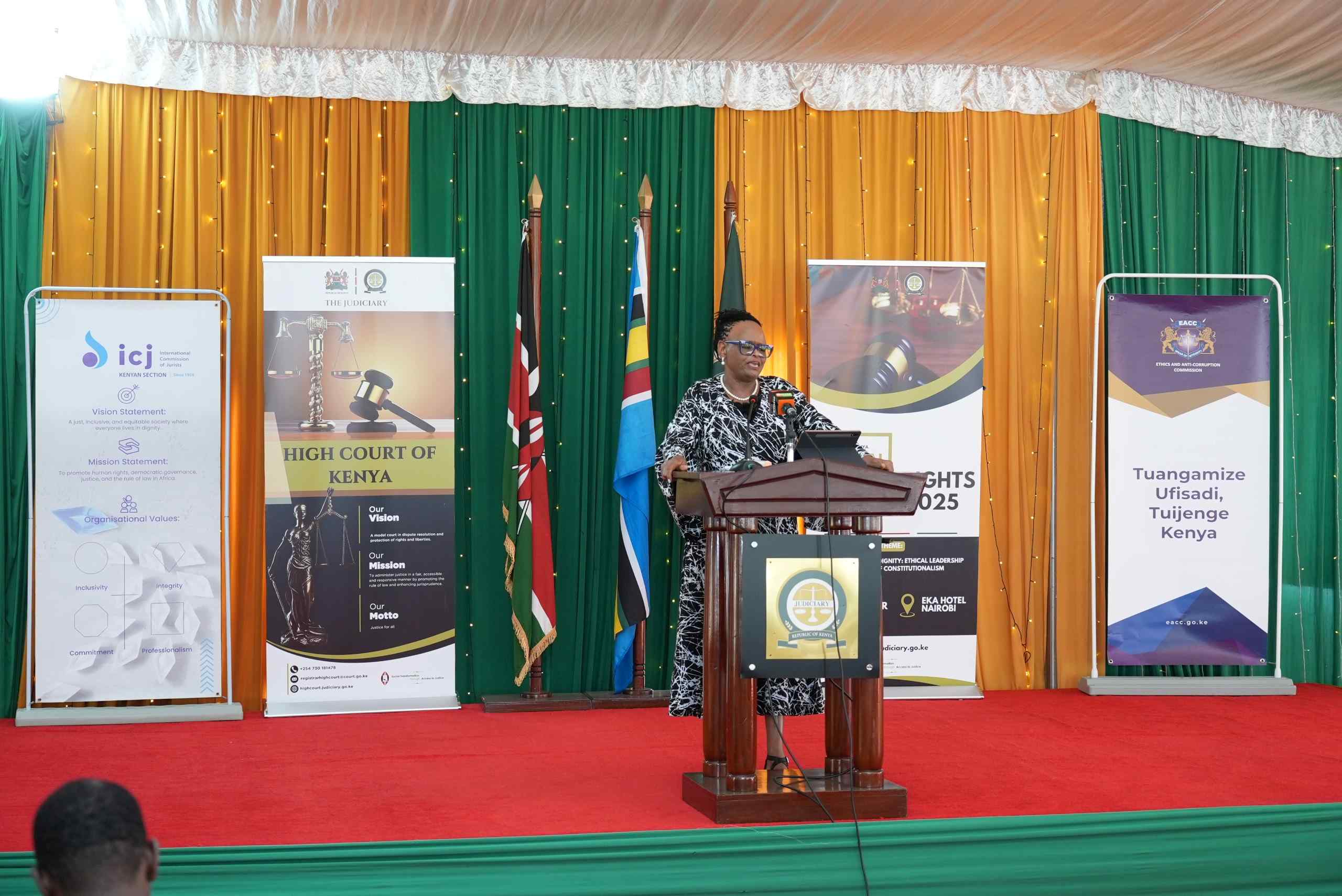Audit flags 25 TVET institutions for breaching procurement, financial regulations
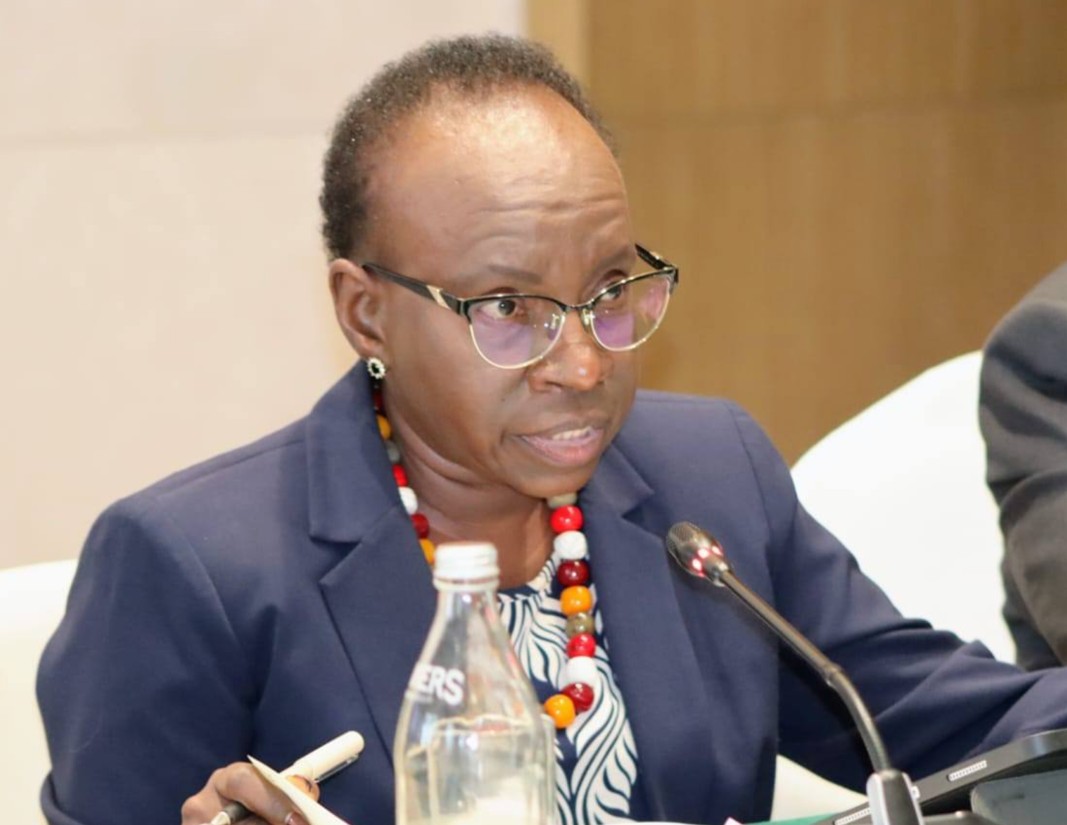
The report also exposed systemic flaws in financial management, staffing and oversight, raising concerns over the credibility and transparency of the learning centres.
At least 25 technical and vocational institutions across the country are under scrutiny for breaching procurement rules, overcharging students and failing to maintain proper financial records.
Auditor General Nancy Gathungu, in a review of various institutions, found that managers had failed to put in place internal structures and key administrative offices necessary for effective management of public resources.
More To Read
- State agencies, counties owe Kenya Power Sh4.67 billion in unpaid bills - Auditor General
- Government commits Sh27 billion to upgrade TVET institutions nationwide
- Top schools flagged for illegal fees and uniform procurement in Auditor General’s report
- Treasury under fire for using Sh2.67 trillion in domestic loans on recurrent spending
- Auditor General calls for penalties on officers who ignore audit recommendations
- Auditor General Nancy Gathungu warns of pension losses as government delays remittances
The report also exposed systemic flaws in financial management, staffing and oversight, raising concerns over the credibility and transparency of these learning centres.
Among the institutions flagged are Siruti Technical and Vocational College in Awendo, Sirisia Technical and Vocational College, Tharaka Technical and Vocational College, West Mugirango Technical College, Ugenya Technical and Vocational Training and Tigania East Technical and Vocational College.
At Siruti Technical and Vocational College, auditors noted the lack of supporting schedules for several vote heads. These include industrial attachment fees of Sh500,401, local transport of Sh781,612, examination fees of Sh746,000, tuition worth Sh2 million, student union contributions of Sh361,311, medical fees totalling Sh475,861, development fees of Sh140,100 and personal emoluments amounting to Sh13 million.
The institution was also flagged for issuing duplicate student receipts numbered 2410 to 2434 across October and November 2022, with different names attached and failing to disclose revenue collected from caution fees and student IDs, both part of the approved fee structure.
Further, Siruti charged students advertising fees totalling Sh216,010, a charge not included in its approved fee structure. Auditors also raised concerns about payments amounting to Sh853,300 that lacked supporting documents, such as travel authority, signed attendance sheets, or official invitations.
“In the circumstances, the completeness and regularity of the transactions amount of Sh853,300 could not be confirmed,” the audit report reads.
At Sirisia Technical and Vocational College, undisclosed spending amounting to Sh518,602 and the construction of buildings costing Sh5.9 million were flagged due to missing invoices, parents’ certificates and valuation reports. The college also spent Sh155.6 million on laptops without providing supporting procurement records.
In addition, the report shows the institution violated staffing diversity laws.
“The analysis of the payroll and staff list revealed that during the year under review, it had 46 employees… out of which 43 or 93 per cent were from one ethnic community,” the report notes, citing a breach of Section 7(2) of the National Cohesion and Integration Act, 2008, which limits one community to no more than one-third of public institution staff.
Tharaka Technical and Vocational College had unsupported student fees totalling Sh19.9 million, with no student ledgers or receipt books available for audit review. It also spent Sh3.3 million on teaching materials and Sh550,000 on production costs without adequate documentation.
Auditors questioned the use of Sh878,500 in marketing expenses, noting that Sh467,900 of this amount was unsupported by requisitions, participant listings, work tickets, payment schedules or program outlines.
“The accuracy and completeness of rendering of services—fees from students amounting to Sh19,971,425 could not be confirmed,” reads the report.
The college also breached ethnic balance guidelines, with 49 per cent of its 69 staff drawn from one dominant community.
At Taveta Technical and Vocational College, auditors flagged Sh8.1 million in unsupported receivables, inaccuracies in the institution’s financial performance statements and Sh155,304 in inaccurate trade and other payables.
The institution also lacked a digital accounting system, relying on manual transaction records, which led to errors and raised concerns about the competency of its accounting processes. Additionally, cash withdrawals for services and goods were made solely in the name of the principal, without clear internal controls.
“The institution lacks key departments such as procurement, finance and human resources and has no management policies and regulations such as the student admission policy and academic policy,” the report states.
The report adds that such practices go against Regulation 23(1)(c) of the Public Finance Management (National Government) Regulations, 2015, which requires accounting officers to maintain effective internal control systems and be accountable to the National Assembly.
West Mugirango Technical College was cited for receiving student fees in cash without linking the payments to specific student registration numbers, making reconciliation of records difficult. The institution also lacked a human resources department and had unsupported receivables from exchange transactions of Sh5 million, which had remained uncollected for more than six months by the end of the 2021/2023 financial year.
The college was also unable to provide proper documentation for property, plant and equipment valued at Sh572 million, with the non-current asset register lacking essential details such as asset tags, serial numbers, acquisition dates, depreciation schedules and net book values.
At Ugenya Technical and Vocational College, auditors raised concerns over Sh235,830 in long-standing student debts, some of which had been pending for over a year.
“Further, the management has not provided an approved debt collection policy to facilitate effective collection of fees,” reads the audit.
The institution also lacked legal ownership documents for five tractors and two trailers donated by the Chinese government through the Ministry of Education.
Tigania East Technical and Vocational College was found to have unaccounted imprests amounting to Sh1.4 million, with no evidence of accountability such as approved requisitions, invitations to attend training, travel records, attendance lists, or back-to-office reports. It also failed to maintain a proper imprest register.
“This weakness makes it difficult to track the imprest and ensure that the same is promptly surrendered and accounted for, and is a loophole for loss of public funds,” reads the report.
The institution also had unsupported board allowances of Sh321,000, irregular staff recruitment, an unsupported cash and cash equivalents balance of Sh557,088, and questionable fund transfers to the Kenya Association of Technical Training Institutions (KATTI).
Gathungu said the revelations highlight widespread governance lapses in Kenya’s technical institutions, calling for urgent reforms to enhance transparency, enforce accountability and safeguard public resources.
Top Stories Today


